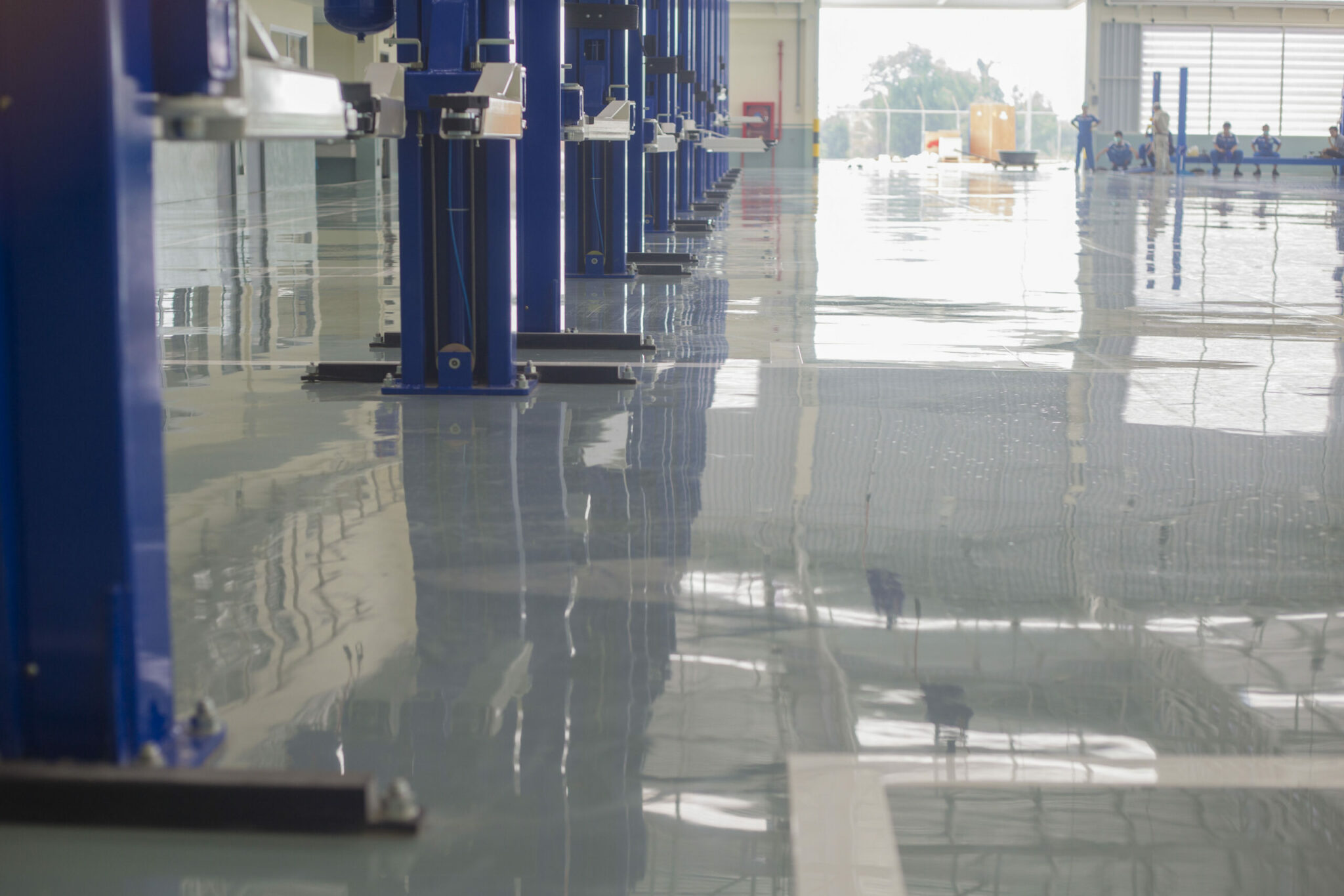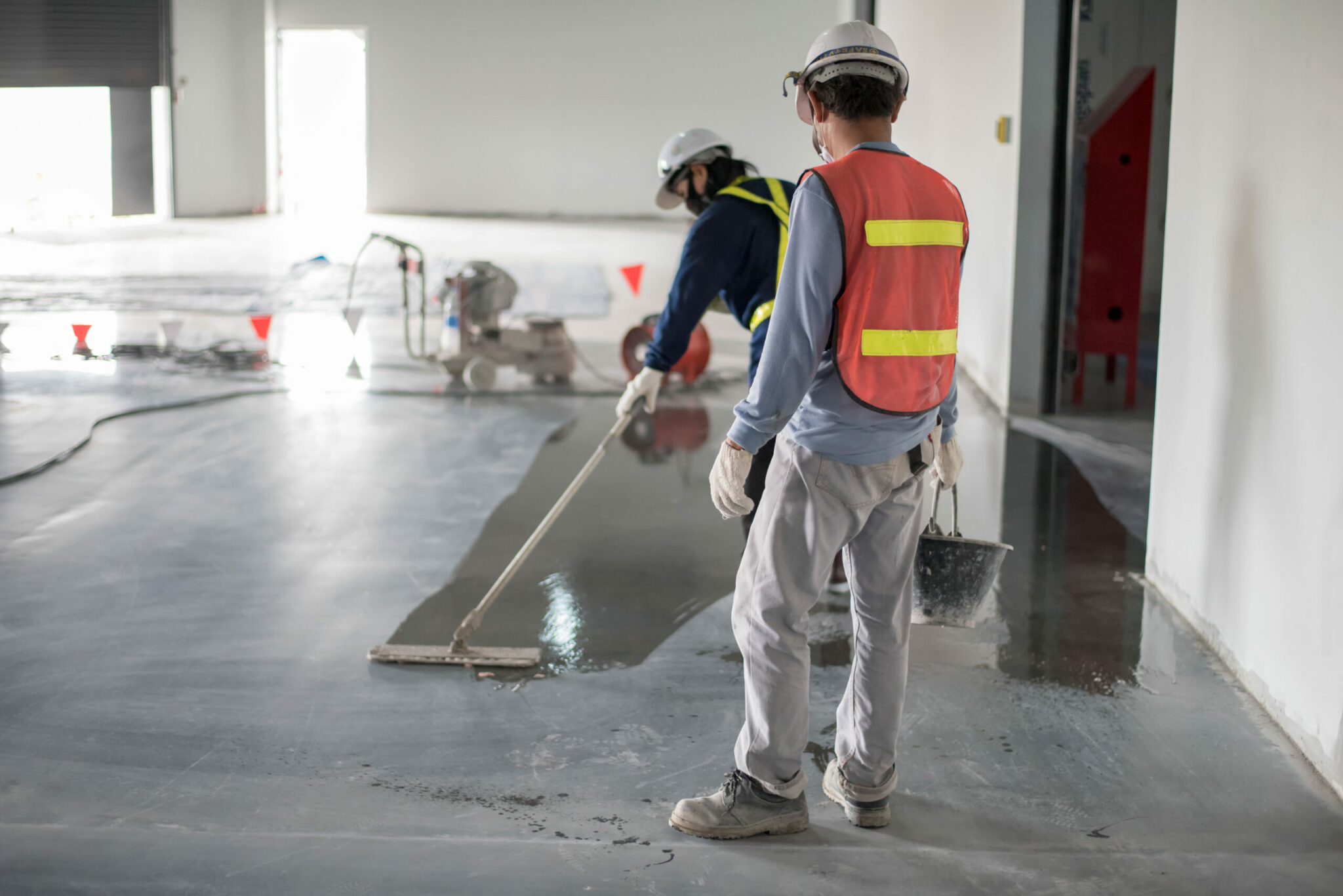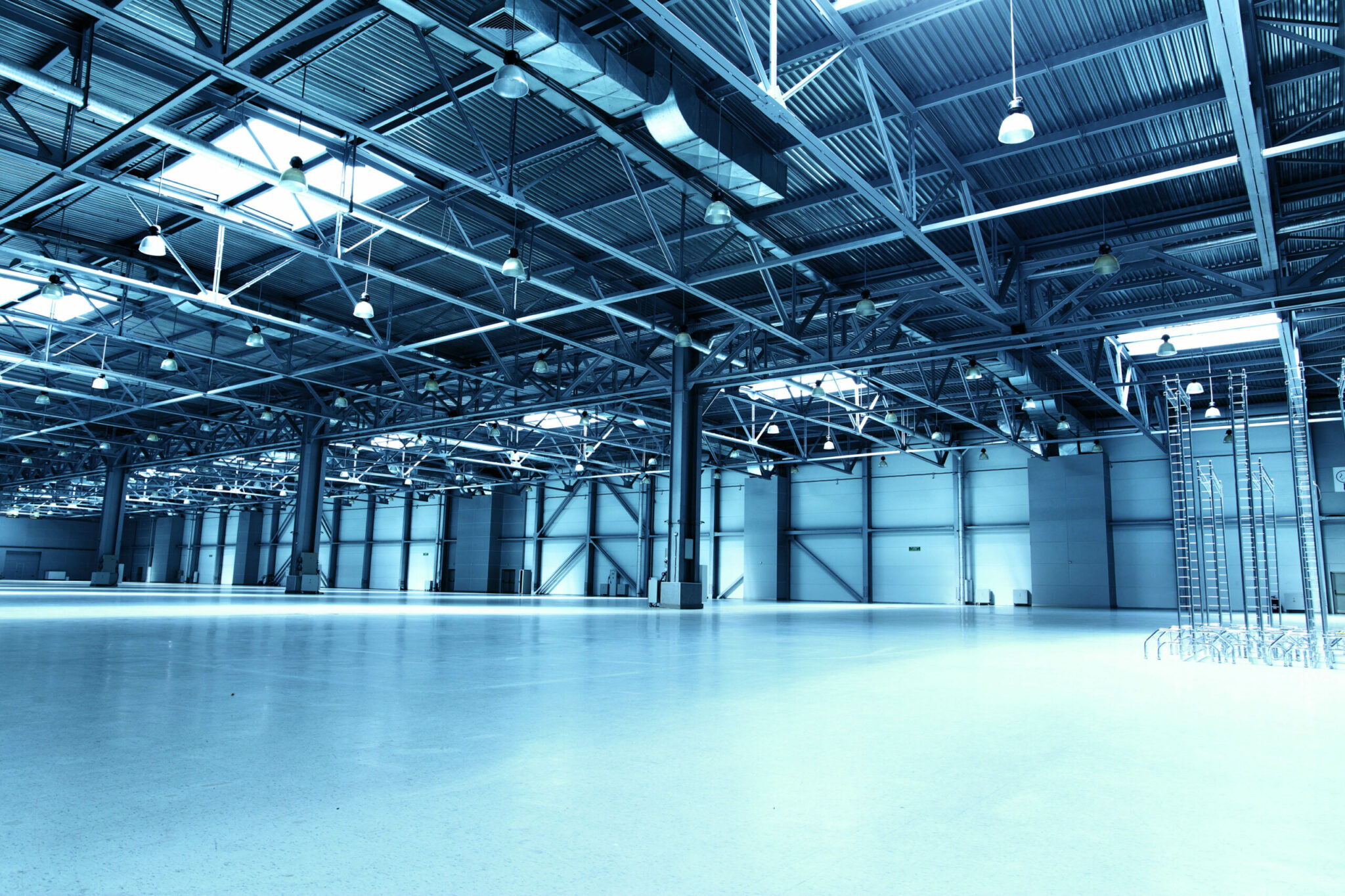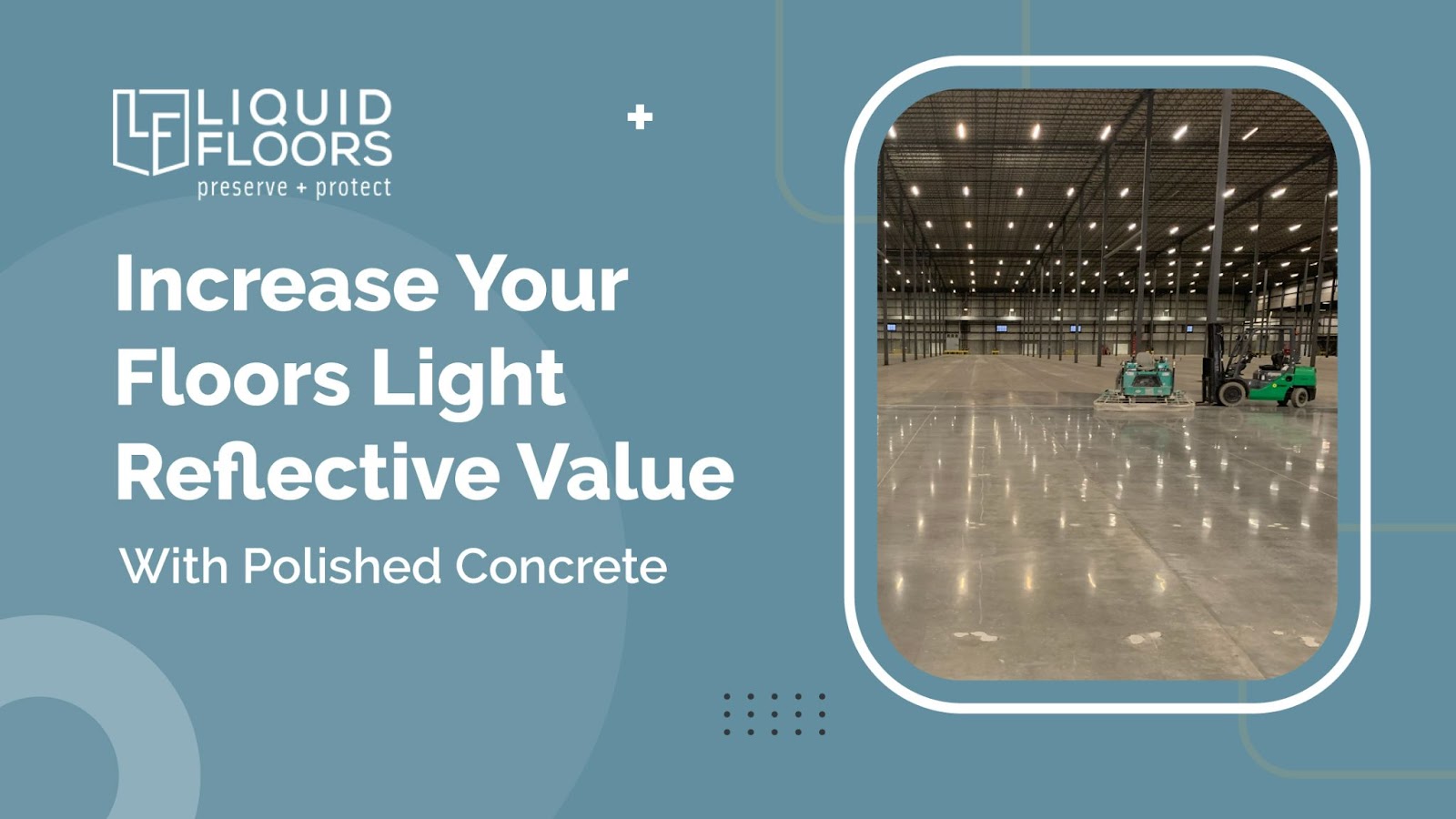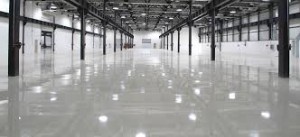 If you are investing in a new industrial building, chances are, you are going to have a concrete floor, and you likely want to protect it so it stands the test of time. For this reason, you might be looking to purchase some sort of a floor coating and have probably come across the option of Epoxy floor coating.
If you are investing in a new industrial building, chances are, you are going to have a concrete floor, and you likely want to protect it so it stands the test of time. For this reason, you might be looking to purchase some sort of a floor coating and have probably come across the option of Epoxy floor coating.
To help you in your decision-making process, this blog post is dedicated to talking about what’s in Epoxy Floor Coating, including options available and whether or not it’s the right floor coating for you.
What’s in Epoxy Floor Coating?
To give you a quick chemistry break-down, epoxy contains 2 main elements, a resin which creates a professional-looking coating, and a hardener to ensure that great coating is solid and will stand the test of time. If you are a real chemistry geek, we recommend you take a look at this epoxy article on Wikipedia – it will tell you all about the chemical reaction, as well as give you a chemistry fair-worthy drawing of an epoxy molecule.
For those whose first love is not science, here is a summary of what’s in Epoxy floor coating.
- 1. Petroleum based resins
- 2. A 2-Part Activated Chemical Reaction for Curing
- 3. Hardeners designed to either speed-up or slow-down cure time
- 4. Chemicals which increase or decrease UV stability and Chemical Resistance
Are there different Epoxy Floor Coating options?
This is America, so there are always product options. Three industry-standard options to consider when getting an epoxy floor coating are:
Epoxy Floor Coating, Option 1: Film Coating: 10-20 mils thick – This is a very common choice for epoxy coating, and is a great option in lightly used areas, such as hallways and reception areas. As the lightest option for epoxy coating, film coating is a great way to get a professional look in areas where there isn’t a lot of heavy equipment or chemical spills.
Epoxy Floor Coating, Option 2: Slurry Systems 60 – 125 mils thick- Slurry Systems are a great intermediary choice for areas that take more of a beating than hallways, but aren’t going to be subjected to caustic chemical spills on a regular basis. They look great and provide protection from abrasion and mild chemicals. Common industrial applications for slurry systems include manufacturing plants, commercial kitchens, locker rooms, restrooms, etc.
Epoxy Floor Coating, Option 3: Trowel down resurface 125 – ¼” thick – This is the thickest application of epoxy, and is probably the best option for you if there is going to be a lot of wear-and-tear on your flooring. For example, in areas where there are frequent chemical spills, trowel down resurface is probably the best epoxy floor coating option for you. Trowel down resurfacing should also be considered if you are looking to coat old or worn concrete. Common companies that need trowel down resurfacing including laboratories, mechanical hangers that have regular oil spills, and any industry where strong chemicals are used on a regular basis.
Want to see what Epoxy Floor Coating Looks Like?
We wish you luck on your journey of selecting the best epoxy floor coating. If you would be interested in having us provide a bid for your next epoxy floor coating project, we would be more than happy to do so. Please feel free to give us a call or fill out a form on the “contact us” portion of our website.

